So far, in the series „With a friendly visit, for professional inspiration…” we have visited pharmacists working in Europe. This time, courtesy of Katarzyna Gutarowska, we will find out what pharmacies in Australia look like!
Katarzyna Gutarowska graduated from Faculty of Pharmacy at the Medical College, Jagiellonian University, in 2010. She had worked in pharmacies in Krakow and Warsaw prior to emigrating to Australia in 2012, where she continued working in her chosen profession. In her private life she is the enthusiast of all kinds of physical activity: gym workouts, swimming, yachting, house renovating… While not busy with any of the above, she sunbathes and enjoys the taste of exotic food and good wine. In her spare time, she manufactures soy candles and travels.
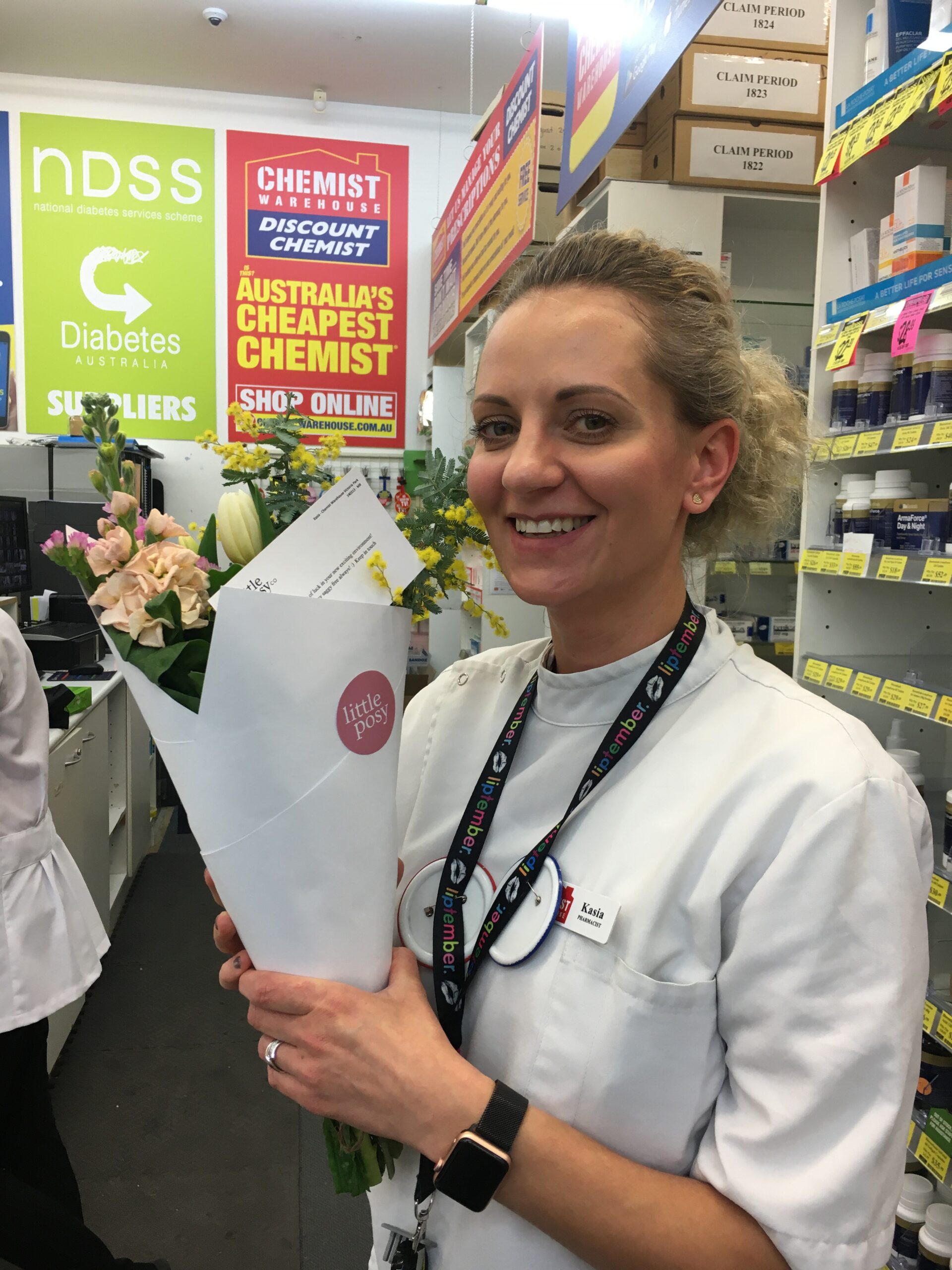
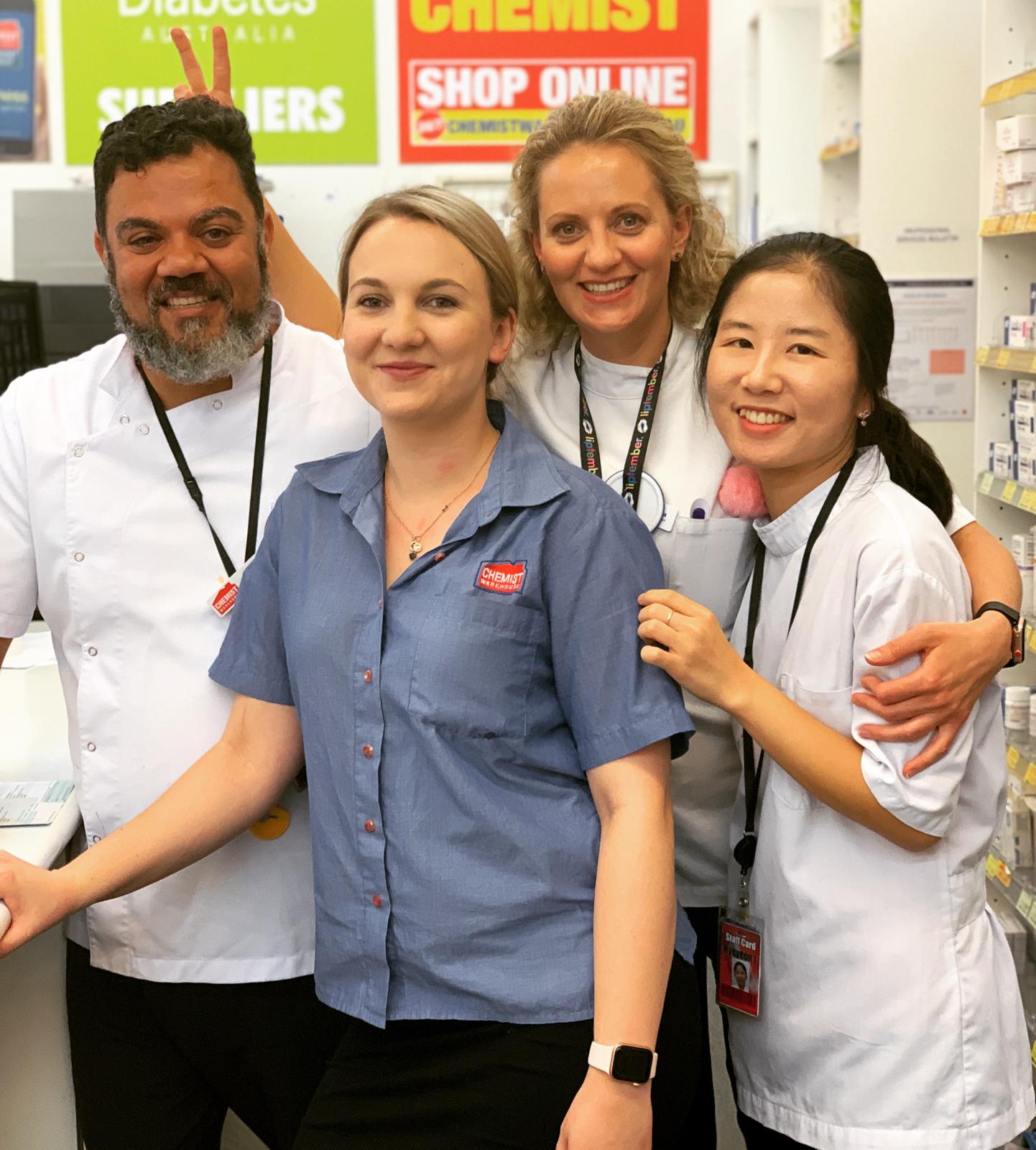
Joanna Bilek: How did you become an Australian Pharmacist?
Katarzyna Gutarowska: I came to Australia at the end of 2012, planning a 1-2 year stay in order to improve my English skills and participate in some courses. Due to personal reasons, I changed my plans later on and decided to stay in Western Australia for a longer time. I had always wanted to work in a medical profession, so I continued pursuing the career path that I had started in Poland.
JB: I guess becoming a Pharmacist in Australia was related to the nostrification of your diploma? Was it a complicated process?
KG: Yes, the process was costly and time-consuming. I started out by submitting documents required for the recognition of professional qualifications by the Australian Pharmacy Council. The next step was to pass the Occupational English Test (OET) and the Knowledge Assessment of Pharmaceutical Sciences (KAPS). I have to admit that KAPS was quite an effort for me. It is a multiple-choice test consisting of two parts. Each part consists of 100 questions that must be answered within 2 hours. The test reviews practically all aspects of the material covered during the university courses, from chemistry and physiology to pharmacology. After passing both exams, I was entitled to start an internship in a pharmacy that took slightly less than a year (at that stage I was recognised as an equal to Pharmacy graduates from local universities). During the internship I had an opportunity to practice according to local pharmaceutical rules and regulations. I also completed an Intern Pharmacist course that mainly focused on pharmaceutical care and pharmaceutical law. The course ended with the submission of an assessment preparation that took almost as much time as the whole internship training. At the end of my internship, I passed a written exam and an oral/practical exam, and then I was able to register as a Pharmacist with The Australian Health Practitioner Agency (AHPRA). The entire process takes at least 1.5 years. In my case it took nearly 2 years.
JB: Can you tell me more about the assessment?
KG: It is a kind of a report based on examples of real-life situations that you might encounter at the chemist’s. To excel at the task, I was required to show a professional attitude in a hypothetical interaction with a patient/pharmacy customer. I chose to write an assignment about infant feeding and compared baby formulas available on the Australian market. Other examples of assignment topics ranged from wound dressing and flu vaccination to health promotion activities, such as organising a weekend dedicated to encouraging people to quit smoking.
JB: Could you tell me about your work as a newly Registered Pharmacist and what do Australian pharmacies actually look like?
KG: Immediately after obtaining my registration I started work as a Registered Pharmacist in the same pharmacy where I completed my internship. It is a part of the largest community pharmacy group in Australia. So far, the company has opened over 500 pharmacies altogether, mostly in Australia, and several others in New Zealand and Ireland.
I worked morning and afternoon shifts, between 8 am and 9 pm, 5 days a week, including selected weekends and holidays (a pharmacy is open 364 days a year, excluding December 25 ☺). Choosing such a large company, which attracts patients with competitive prices, allowed me to get to know new medications entering the market. I worked in community pharmacies for 3.5 years. I have plenty of nice memories from those times at work.

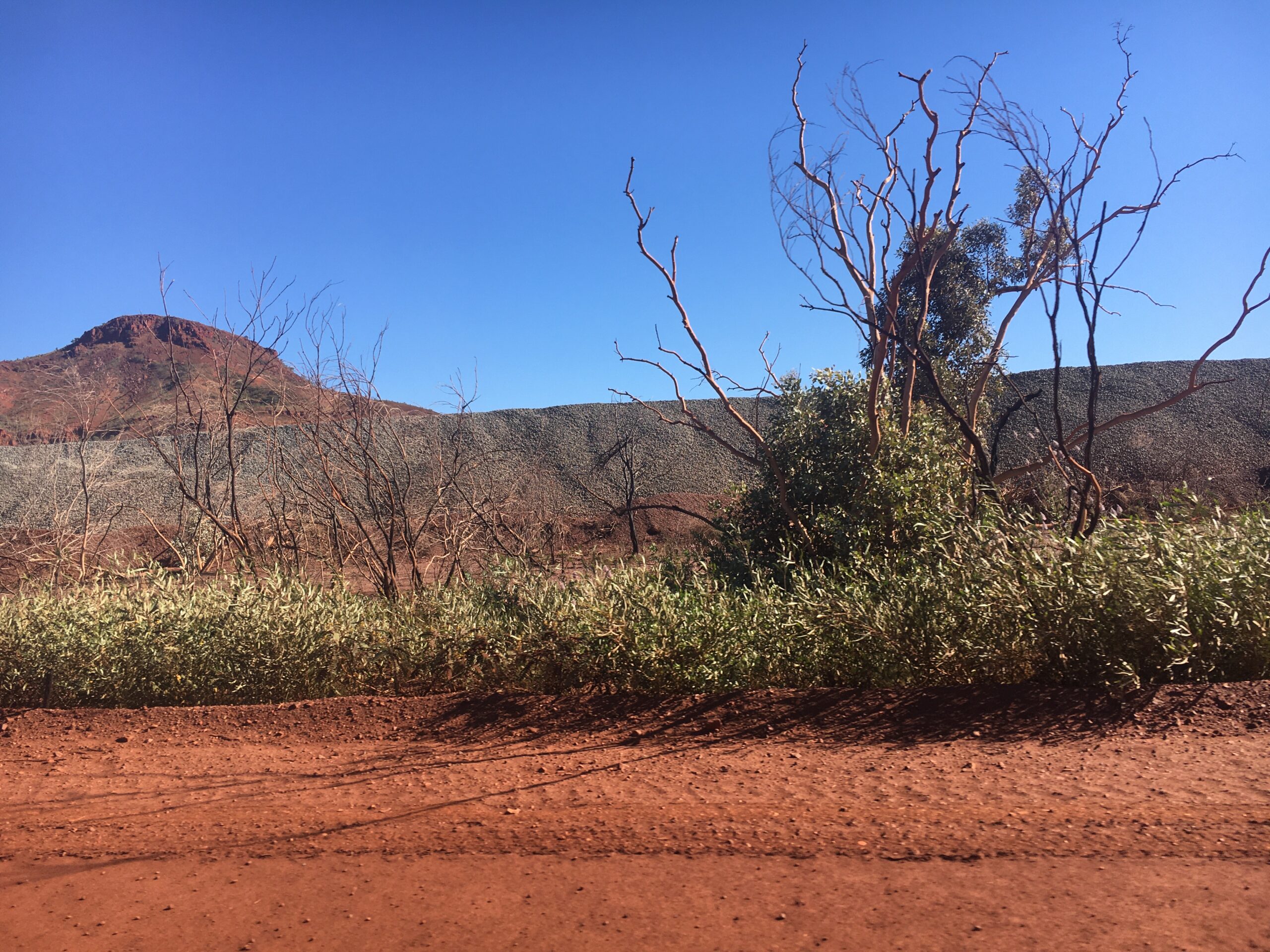

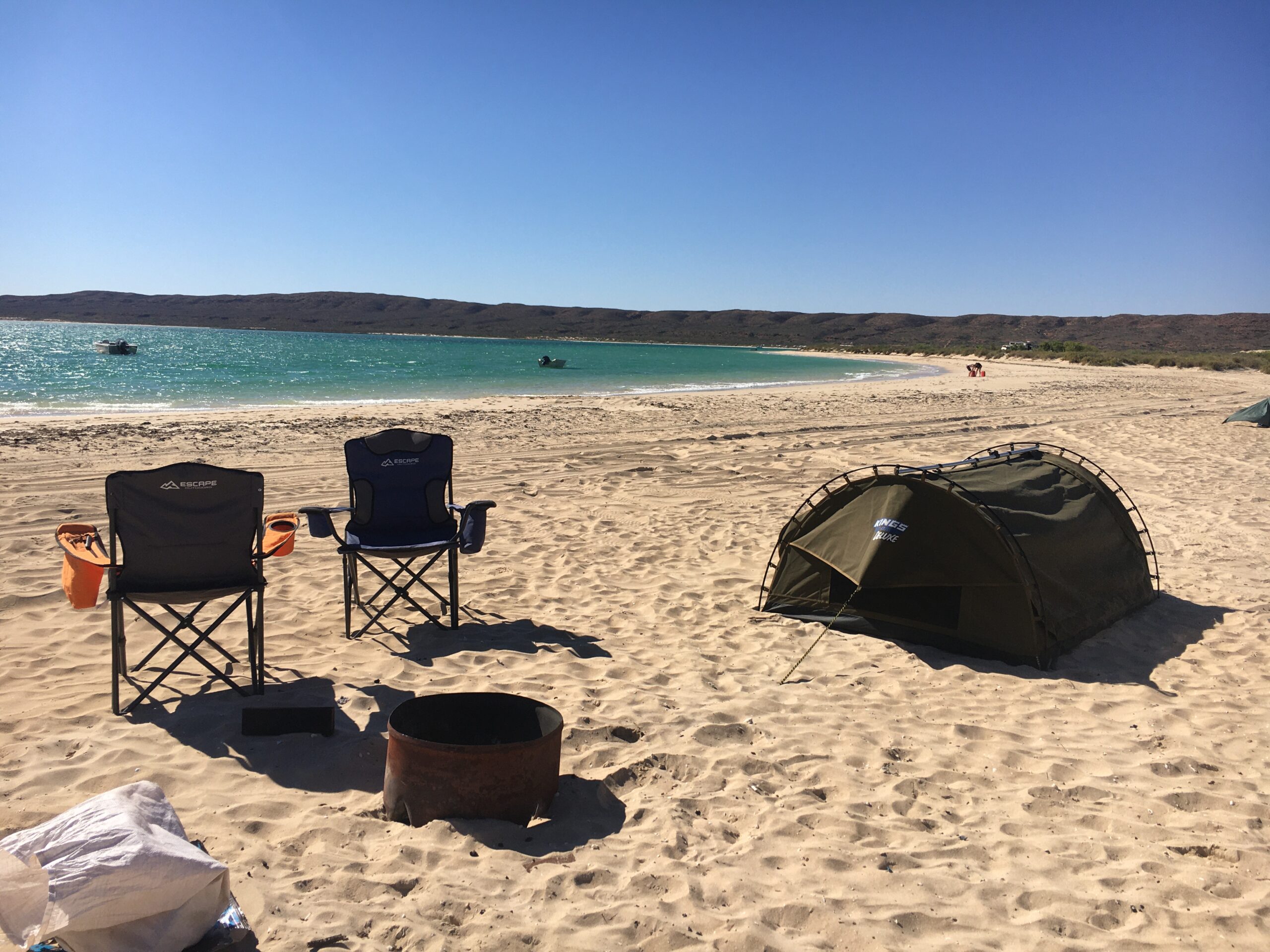
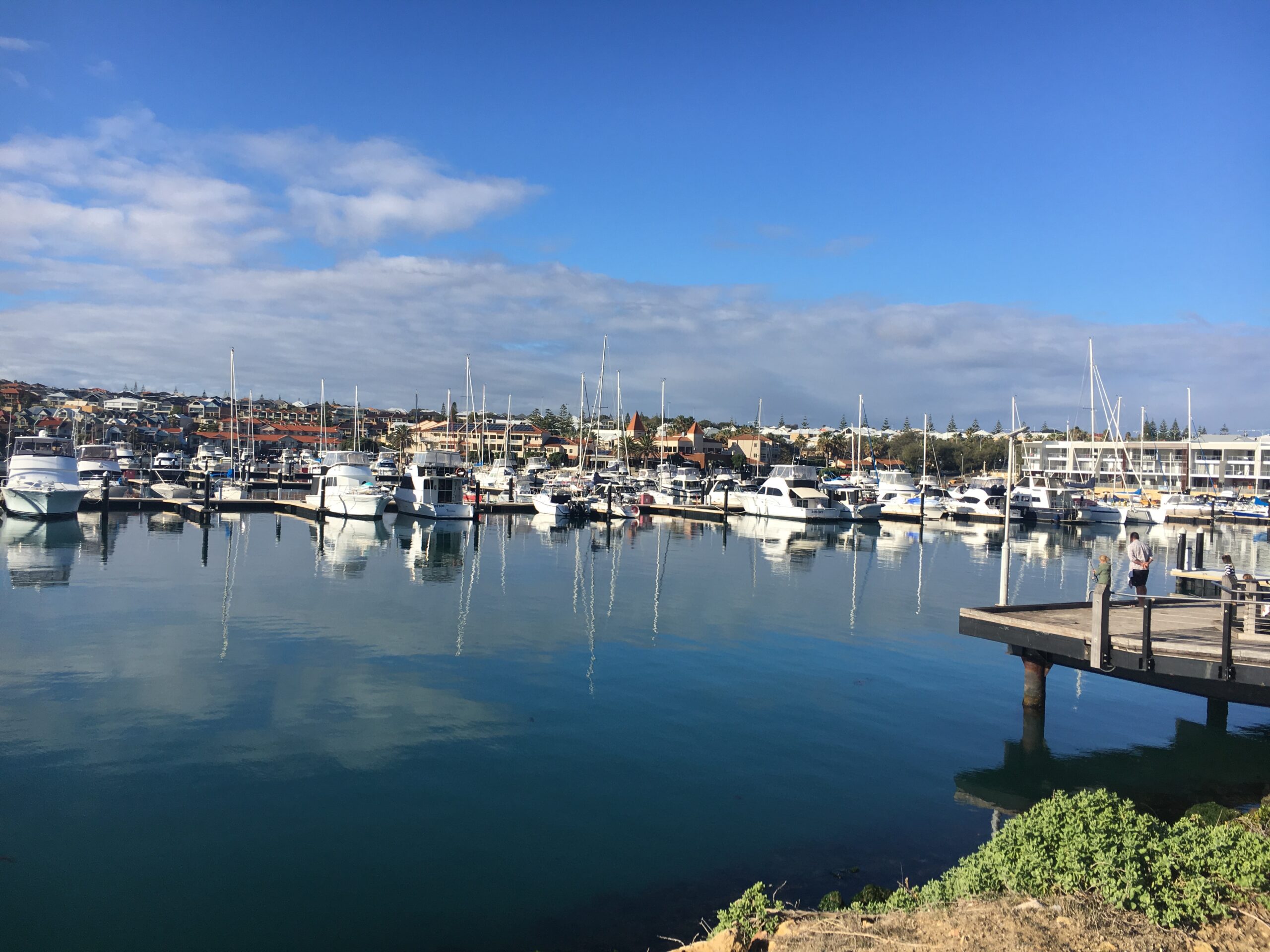
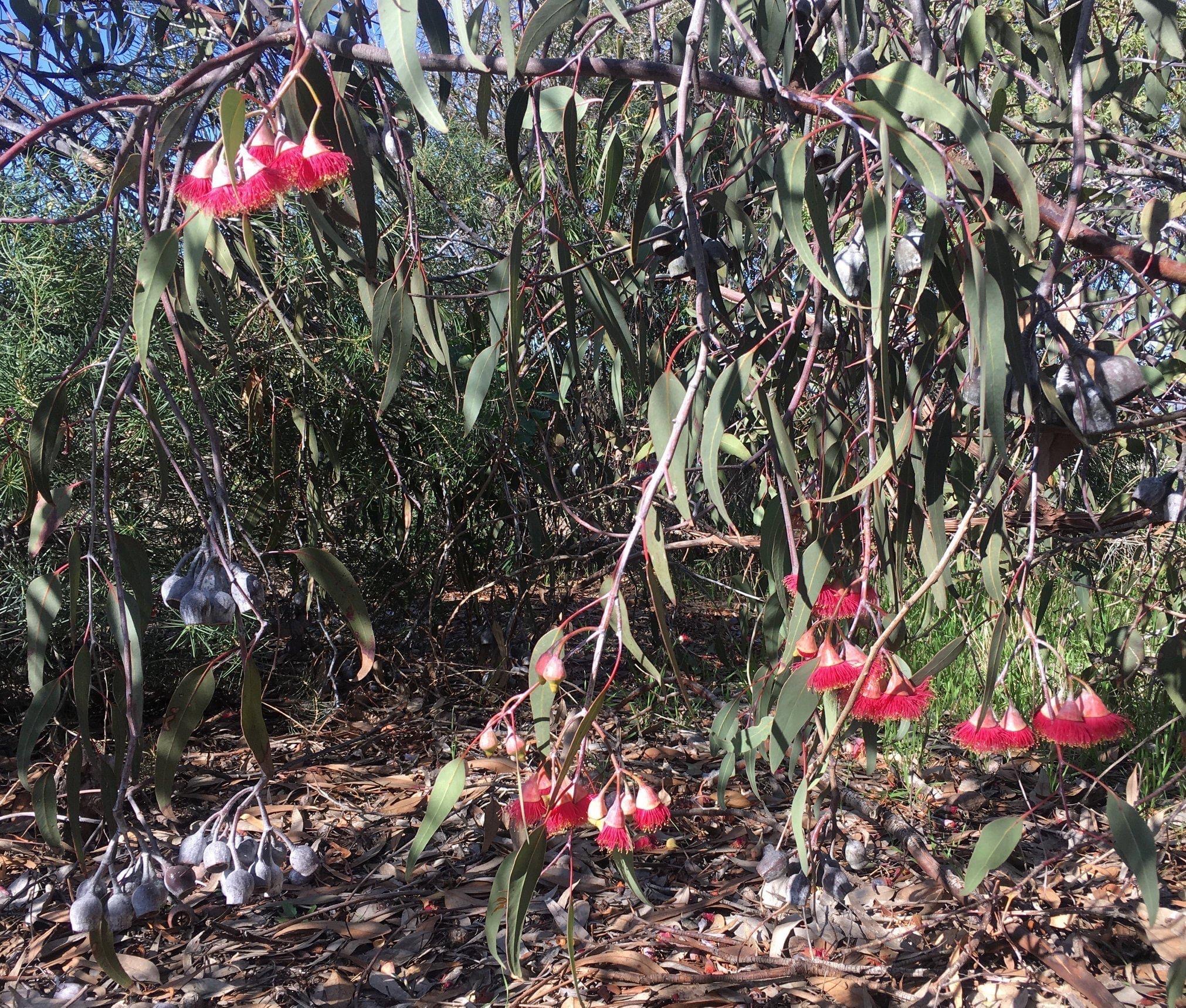

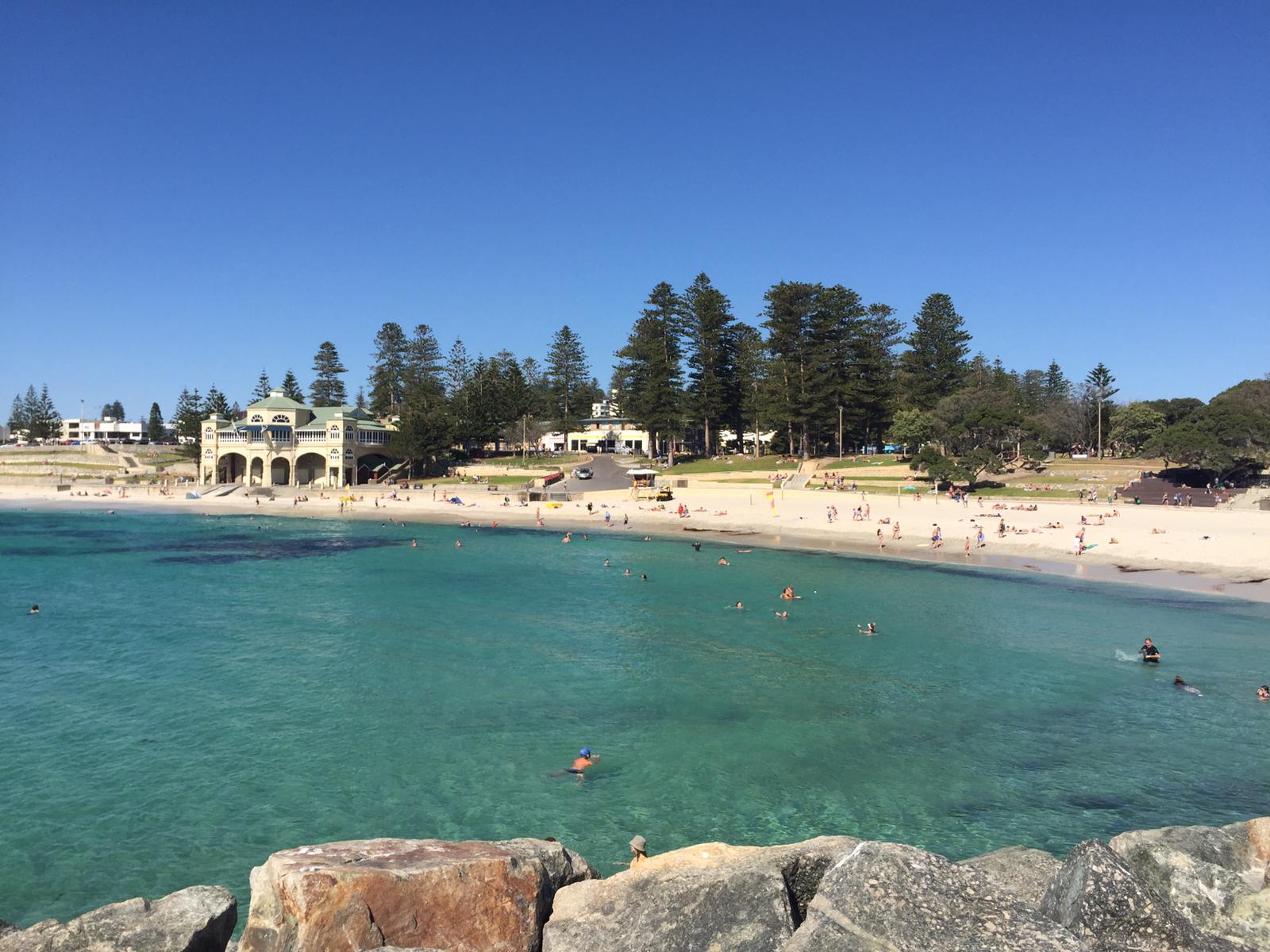








![Porozmawiajmy o… medycznej marihuanie [WYWIAD]](https://www.aptekarzpolski.pl/wp-content/uploads/2024/04/wywiad-medyczna-marihuana-120x86.jpg)


